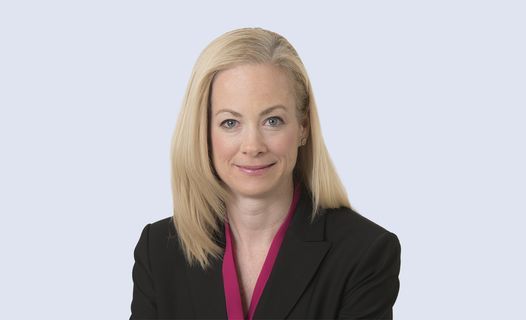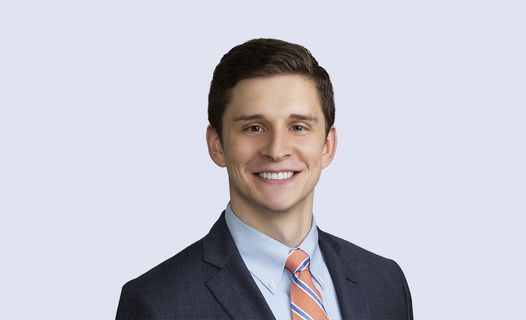A recent Supreme Court ruling could have significant implications for religious schools and other nonprofit organizations seeking tax exemptions under state unemployment compensation systems. What standard will be applied to determine whether your institution qualifies for such exemptions? The Supreme Court's unanimous decision in Catholic Charities Bureau Inc v. Wisconsin Labor and Industry Review Commission is a pivotal ruling that provides a clearer path to securing tax exemptions without compromising religious principles. Here’s what you need to know about the June 5 decision and the top three takeaways for religious schools.
Should the Religious Exemption Apply?
- Catholic Charities Bureau (CCB) – a nonprofit organization affiliated with the Roman Catholic Diocese of Superior, Wisconsin – sought an exemption from the state’s unemployment compensation tax.
- The exemption is available to organizations “operated primarily for religious purposes” and controlled by a church. Although CCB’s charitable activities do not involve proselytization or limit services to Catholics, the organization argued that they are religiously motivated and thus should qualify for the exemption.
- The Wisconsin Department of Workforce Development denied the exemption request, and the Wisconsin Supreme Court upheld this decision.
- The state court reasoned that CCB's activities were not “primarily religious” because they did not involve proselytization and did not limit their services to Catholics, which the court deemed necessary for the exemption.
- CCB asked the US Supreme Court to weigh in.
Supreme Court Focuses on Neutrality
- The US Supreme Court sided with CCB and unanimously reversed the Wisconsin Supreme Court’s decision.
- The Justices held that the state’s criteria for the exemption violated the First Amendment. Specifically, SCOTUS found that the Wisconsin Supreme Court’s interpretation imposed a denominational preference by differentiating between religions based on theological practices, such as proselytization.
- “It is fundamental to our constitutional order that the government maintain neutrality between religion and religion,” Justice Sotomayor wrote for the Court. “There may be hard calls to make in policing that rule, but this is not one.”
- The Court emphasized that the exemption was not narrowly tailored to further a compelling governmental interest – such as ensuring unemployment coverage or avoiding entanglement with religious doctrine.
- The Court noted that many religions, including Catholicism, prohibit proselytization in their charitable work, and thus the state’s application of the exemption unfairly favored certain denominations.
3 Top Takeaways for Religious Schools
1. Eligibility for Tax Exemptions: Although the decision involved a charitable nonprofit organization, the ruling also has implications for religious schools. The decision clarifies that religious organizations, including schools, do not need to engage in proselytization or limit their services to members of their own faith to qualify for tax exemptions under similar statutes. This broadens the scope for religious schools to claim exemptions without altering their religious practices.
2. Neutrality Requirement: The ruling reinforces the principle that state laws must remain neutral between different religious denominations. This means that religious schools should not be disadvantaged in seeking exemptions based on their specific religious practices or doctrines.
3. Operational Considerations: Schools should evaluate their operational documents to ensure that their primary purposes align with religious missions, as this remains a key criterion for exemption eligibility. However, the decision suggests that the absence of proselytization should not be a disqualifying factor.
Conclusion
Schools are encouraged to review their eligibility for such exemptions in light of this ruling and consult with experienced legal counsel to navigate the complexities of applicable state and federal laws.
Please consult your Fisher Phillips attorney, the authors of this Insight, or any attorney on our Education Team for practical advice and guidance on tax exemptions – and make sure you are subscribed to Fisher Phillips’ Insight System to get the most up-to-date information delivered to your inbox.



